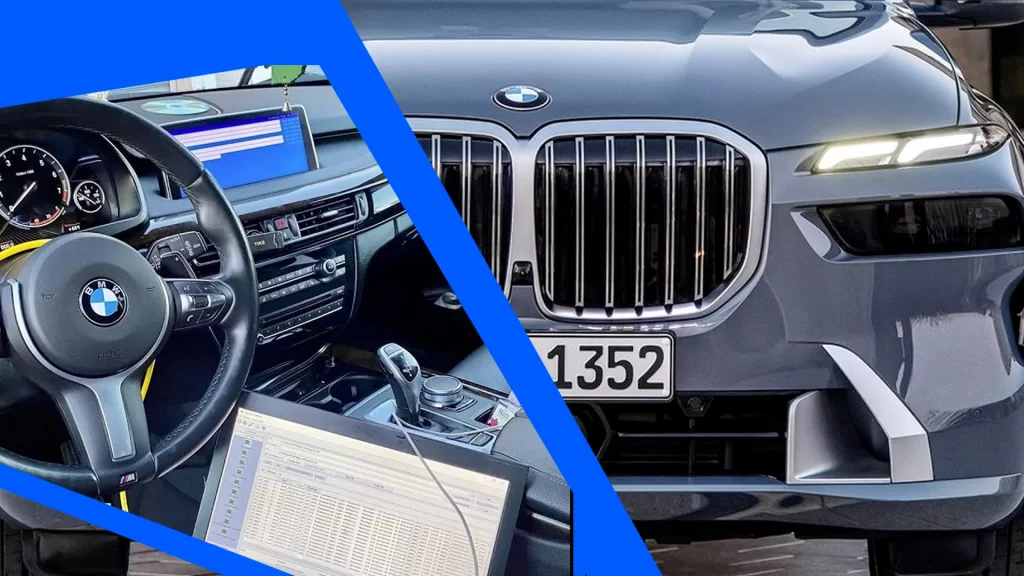When it introduced a subscription plan for heated seats among other things last year, BMW found itself at the center of a firestorm of protest. Customers and the media were furious about this choice because they didn’t want to have to pay monthly fees for hardware-based features that already existed in their cars. After receiving criticism for several months, BMW has now decided to stop this controversial practice after listening to its customers.
Given that 90% of BMWs are sold with heated seats, BMW’s initial purpose for the subscription model wasn’t just about heated seats; it also wanted to streamline production and cut costs by placing heated seats in every car. Customers who didn’t select heated seats at the time of purchase could do so later by subscribing to a service or making a one-time payment. Although this strategy was meant to allow for flexibility, consumers didn’t like it because they believed they were being charged twice for the same feature.
Pieter Nota, BMW’s marketing boss, acknowledged the issue, stating, “People feel that they paid double, which was actually not true, but perception is reality.” The negative perception among customers was enough for BMW to reconsider its strategy.
Some critics argued that BMW was effectively “double-dipping” with heated seat subscriptions, as the reduced production costs weren’t reflected in lower car prices. Customers were paying for heated seats, regardless of whether they wanted them, and then faced additional charges to activate them.
While BMW maintains that its initial intentions were to provide flexibility and additional services to customers, it’s clear that the public sentiment against hardware-based subscriptions was strong and resolute.
Moving forward, BMW has decided to restrict subscription-based services to software options, such as driver assistance and digital assistant features, which aligns better with consumer expectations. This decision respects customers’ preferences and ensures that they only pay for added functionality rather than hardware that is already present in their vehicles.
In conclusion, BMW’s decision to abandon heated seat subscriptions is a step in the right direction. It reflects the importance of listening to customer feedback and aligning business practices with consumer expectations. While the automaker may have had good intentions, it is crucial to consider how customers perceive and value the services offered. BMW’s commitment to providing software-based subscriptions is a more reasonable approach that ensures customers receive the value they expect without feeling unfairly charged for hardware they already own.

